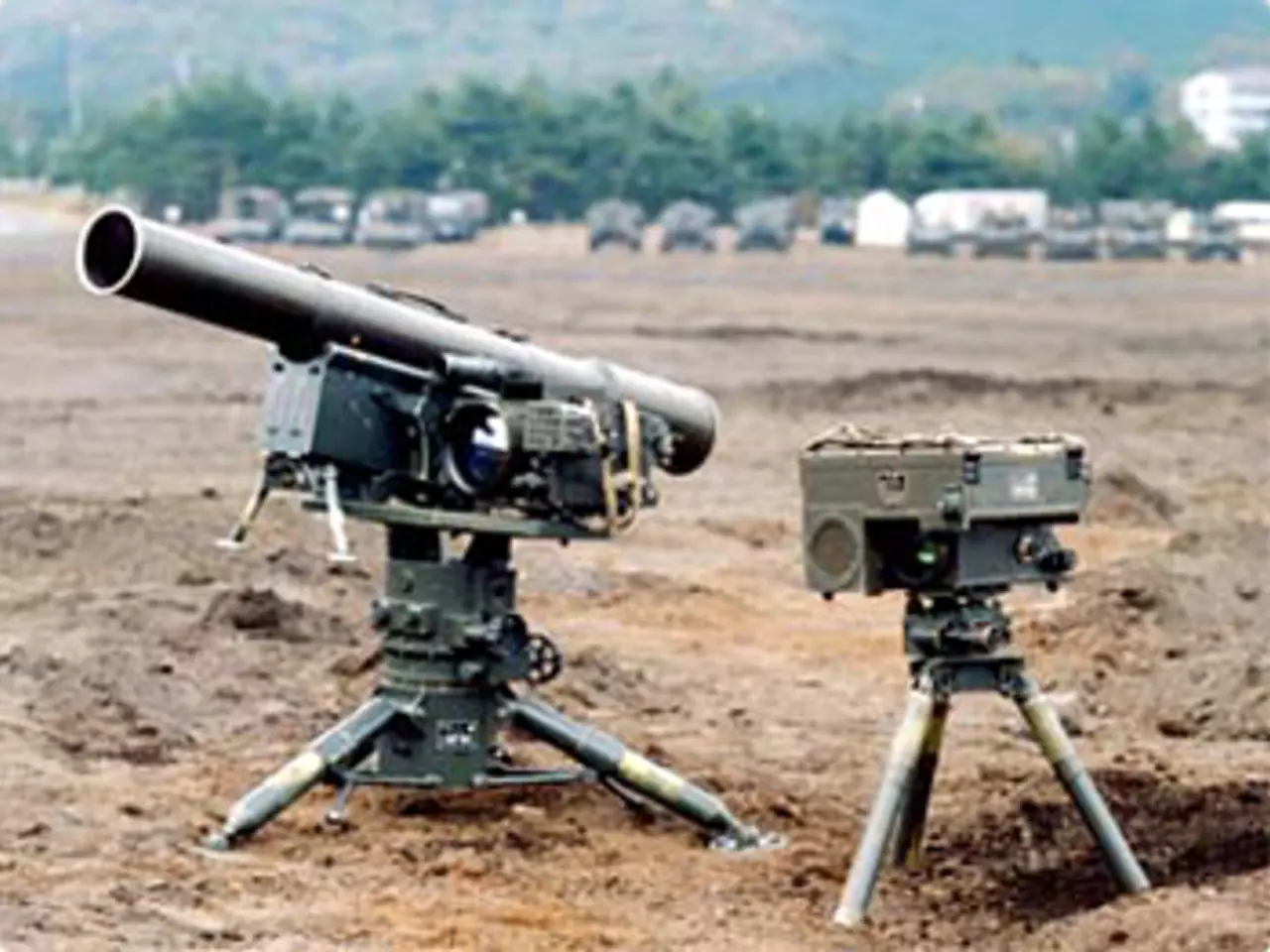Evolution of Thai Political Standoff as Prime Minister Fights to Maintain Position
Thailand's Prime Minister Paetongtarn Shinawatra finds herself caught in a heated political crisis, facing calls for her resignation less than a year after taking office. The 38-year-old leader, the youngest prime minister in Thai history and the third Shinawatra family member to serve as leader, has lost her coalition's second-largest party, leaving her with a mere parliamentary majority.
Paetongtarn has apologized for a leaked phone call with former Cambodian leader Hun Sen that sparked public outrage and political tension. Still, street protests demanding her removal continue, with more planned in the coming days. Financial markets remain shaky due to the threat of prolonged political deadlock and economic uncertainty.
The situation may unfold in a few ways:
Paetongtarn Steps Down
Paetongtarn could choose to step down to appease public sentiment over the leaked phone call and the ongoing political crisis. This move might allow her party, Pheu Thai, or a coalition ally to nominate a new leader, keeping the current government in place without delays from fresh elections.
In this case, a vote would be held in the House of Representatives to select a new prime minister from a list submitted before the 2023 general election. A candidate would need a majority vote to secure the position, and Paetongtarn's Cabinet would serve as a caretaker government in the interim.
Potential successors include Pheu Thai's Chaikasem Nitisiri, despite recent health concerns, Bhumjaithai Party leader Anutin Charnvirakul, who recently exited the coalition, and United Thai Nation's Pirapan Salirathavibhaga. Former Prime Minister and coup leader Prayut Chan-o-cha is also eligible but is no longer actively involved in politics.
Early Elections
Opposition party People's Party is calling for the dissolution of the House of Representatives and the immediate scheduling of a new election to prevent further instability and even potential military intervention. However, the ruling Pheu Thai Party might hesitate to call elections due to fallout from the leaked phone call scandal and the risk of prolonged policy paralysis.
A snap election would have to be held within 45 to 60 days of a royal endorsement of dissolution, but forming a new government could take months due to coalition bargaining before a prime ministerial vote takes place.
Military Coup
Despite assurances from the army chief regarding the protection of democracy, concerns about a possible military intervention persist. Thailand has a history of military coups, with the most recent occurrences toppling governments led by Ms. Paetongtarn's father, Thaksin, and aunt, Yingluck.
Analysts suggest that the army has gained public support in light of its handling of border tensions with Cambodia, while Ms. Paetongtarn's government is viewed as too deferential. Escalating street protests may provide a pretext for the military to intervene under the guise of restoring order.
Holding On
Paetongtarn's best option is to hold her coalition together. However, her narrow majority might hinder legislative progress and invite strong resistance from the opposition.
In this scenario, United Thai Nation's exit from the coalition would leave Paetongtarn with a minority government. Despite this, she could still survive until Parliament reconvenes in early July to vote on key bills, including casino legalization and the national budget, both requiring majority support.
Pheu Thai might use this time to win over opposition lawmakers, but failing to pass major legislation would likely force Paetongtarn to resign or call for a new election.
Amid the escalating tension, Thailand stands at a critical juncture, facing potential political instability, military intervention, or a negotiated settlement. The outcome will depend on various factors, including the military's decisions, coalition cohesion, public reaction to political scandals, the external Cambodia border dispute, and economic conditions.
- The ongoing political crisis in Thailand, due to Paetongtarn Shinawatra's controversy, has raised concerns about war-and-conflicts, as there are growing fears of military intervention, given Thailand's history of military coups.
- The escalating tension in Thai politics, with its impact on policy-and-legislation, is also a matter of general news interest, as the outcome could significantly influence the country's migration policies and economic stability.





